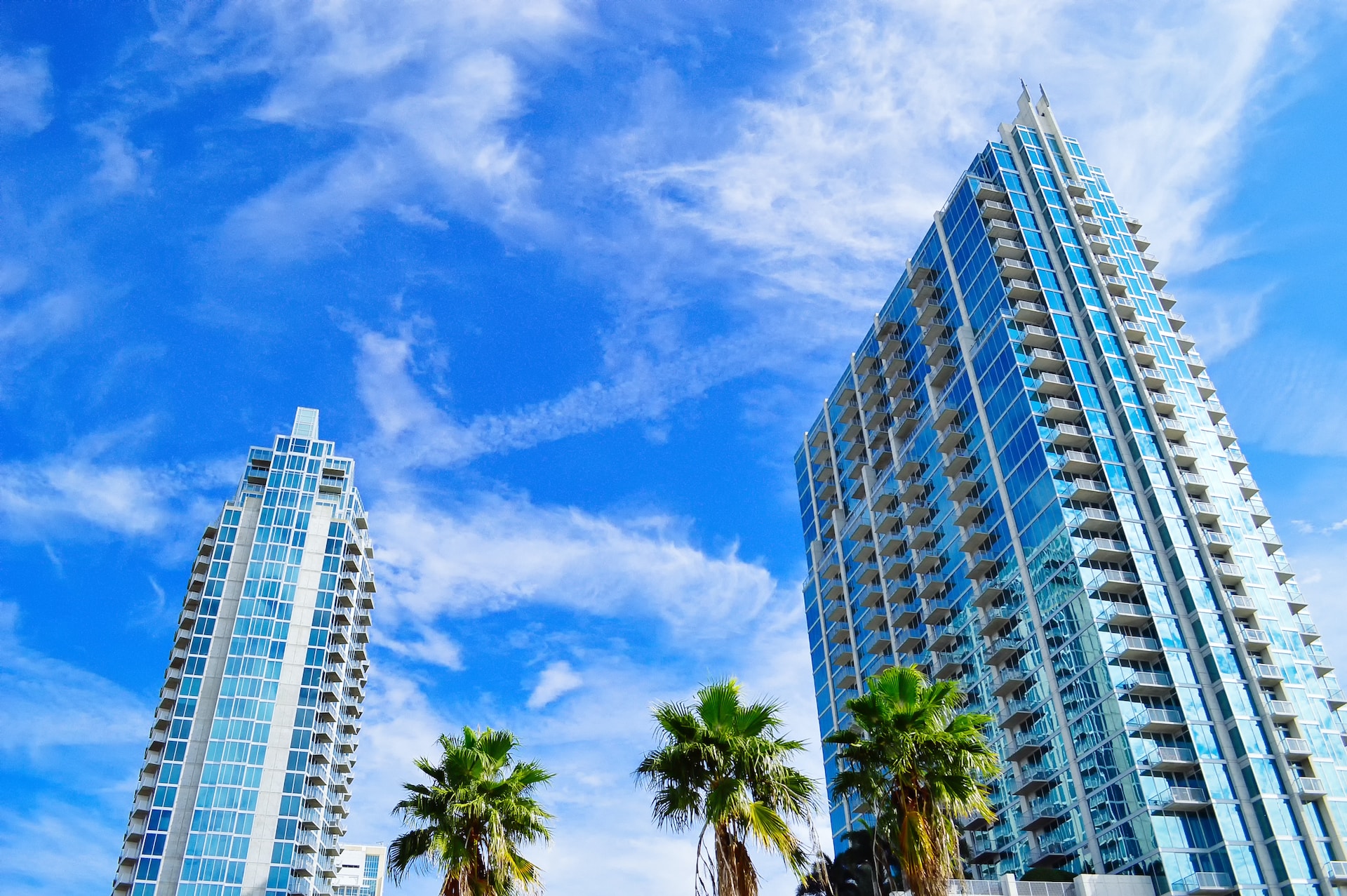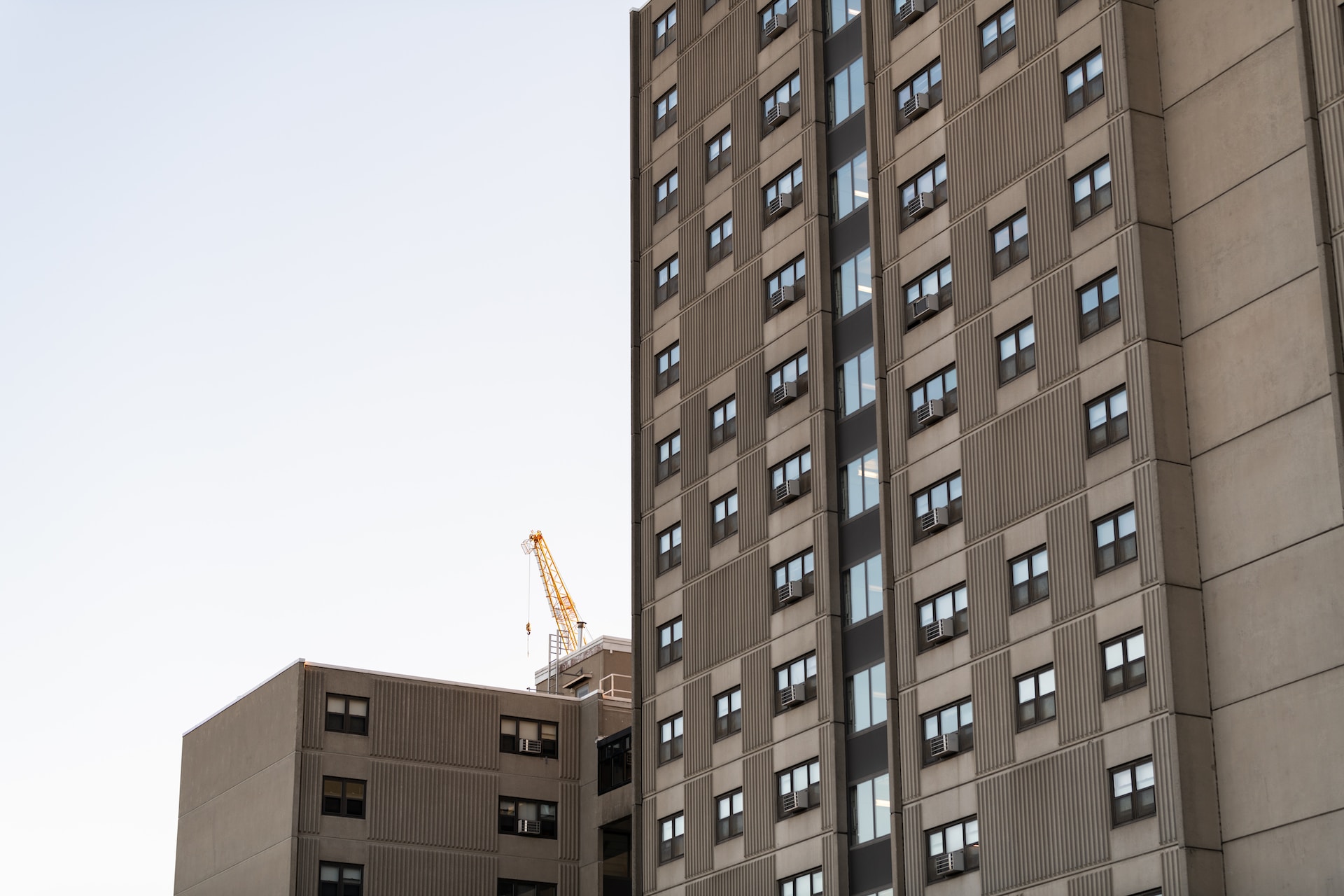So as you browse listings, you see a wide range of property kinds, each with their own characteristics and square footage. Must you purchase a condo? Or should you invest in a home? There are benefits and drawbacks to each.
One has a pool and is near to the city center. One has a fenced-in yard and is located in the suburbs. The choice is between a condo and a house. Who triumphs? Why do you choose?
A home is what?
You might be thinking, What kind of a stupid question is that? So defining our words is important for this situation about tulum property for sale. A house is a standalone home with four exterior walls that isn’t attached to any other residential building. The owner of the home also owns the land on which it is situated, as well as any additional buildings like a detached garage or an in-law apartment. The home is often on a lot with a yard in the front and/or back.
To purchase a home, find knowledgeable realtors.
Although you can find row houses that are built side by side on short lots (typically in densely crowded cities), the suburban home on a wide lot with a few trees and a vast grass to mow is a more common example.
Describe a condo.
An apartment you own is more like a condo, which is short for condominium. It’s often significantly smaller in size than a house and is located in a complex or shared building.
The façade of the building and all common areas, including parking garages, swimming pools, the clubhouse, and sometimes a gym, are owned and maintained by a condo board or homeowners association (HOA). Depending on their size and location, different condo communities provide varying amenities.
First-time homebuyers, people downsizing, and investors all love condos. Although they are often less expensive than houses, you do need to be aware of the annoying HOA fees.
 How much does a condo or a house cost?
How much does a condo or a house cost?
Okay, everyone. It’s time to discuss finances.
We are aware that the price of any piece of real estate is not just what is listed. In addition, you may have to pay HOA dues, property taxes, mortgage insurance (if your down payment is less than 20%), and homeowner’s insurance.
Condo Prices
Often, a condo is less expensive than a standalone home. Condos have substantially smaller interior spaces, and because you simply have to maintain the inside, maintenance costs are often lower. The roof, the external walls, and the landscaping are all taken care of. They are handled by the condo board or HOA.
Yes, yeah, HOA fees are frequently levied for condos. The price of a condo might drastically increase in this neighborhood. Remember that the HOA dues should be lower the less amenities the condo complex has. Security, doormen, swimming pools, dog parks, gyms, parking garages, and storage facilities are all fee-based services. So when you’re looking around, let your real estate agent know if you don’t care about a pool or a gym.
Also, homeowner’s insurance will be far less expensive than it would be for a single-family home because you are just liable for the interior. The exterior insurance is frequently paid for by the HOA. The HOA’s insurance should cover the damage if the roof collapses. So you’d better hope you have good homeowner’s insurance if you try to fry a turkey that’s still frozen and it explodes and fills your kitchen with flames.
Bottom line: Before purchasing a condo, make sure you are aware of all the expenditures involved.
Home Prices
For a variety of reasons, a detached, single-family home will normally cost more than a condo. As we already stated, they are larger than condos. And when you own a home, you are the sole owner of the interior and exterior.
Due to the fact that you must insure both the house itself and the land it is built on, insurance for homes is considerably more expensive. You’ll also be in charge of maintaining the roof, gutters, and landscaping. Do you enjoy cutting the grass? Great! If not, you might have to pay someone to do it, so remember to include that in your monthly budget.
Ordinarily, cities and counties don’t tax homes and condos differently. They evaluate property on the basis that it is property. Nevertheless, if you buy a home, you likely own a lot more property, so anticipate greater property taxes.
What are the benefits and drawbacks of condo vs. house living?
Contrary to comparing condominiums and townhouses, which is essentially an apples-to-apples comparison, there are far more variations between condo life and house living. Condos are more compact and a part of a neighborhood. Homes are located in neighborhoods, and many new homes are constructed as part of master-planned communities that could possibly include HOAs. (1) Nonetheless, your yard and four walls are privately owned.
Condos are more compact and a part of a neighborhood. Homes are located in neighborhoods, and many new homes are constructed as part of master-planned communities that could possibly include HOAs. (1) Nonetheless, your yard and four walls are privately owned.
These are some important things to think about:
1. Living in a condo is living in a community.
Sharing walls with your neighbors will inevitably bring you closer to them. Also, you’ll have additional chances to socialize with your neighbors in communal spaces like the mail room, parking lot, clubhouse, and pool area, as well as during regular HOA or condo board meetings.
If the neighborhood is well-managed and you get along with your neighbors, this might be a blessing. Condo living can be a pain, too, if you prefer to be a hermit or if your building is full with “Nosy Rosies” who are constantly up in your business.
Pro: There are several opportunities to meet new people.
Cons: You might not want to become friends with these individuals.
2. A home will give you much more solitude.
You know, the one who usually yells about the color of your drapes? Mr. Sidcup. If you have a home, you can put a No Trespassing sign up in your yard and let the dogs run when you see this jerk approaching.
You can enjoy a lot of privacy in a single-family home, depending on the area, the size of your lot, and, of course, the size of your house. But since you have to pay for the benefit of owning those four walls, this additional seclusion can come at a higher price.
There may be such a thing as too much solitude, yet some individuals are social. Having good neighbors is a blessing. You’ll feel more at ease knowing your neighbors are keeping an eye on things, for instance, if you need someone to look over your place while you’re away from town. Simply strike a balance between your priorities.
The HOA police are not something you have to deal with every day.
Cons: You have to address a lot of independent problems on your own.
 3. With a condo, your HOA’s rules govern the property.
3. With a condo, your HOA’s rules govern the property.
Recall peculiar Mr. Sidcup? The HOA police’s Barney Fife, screaming at the drapes? The HOAs for condominiums do have regulations about the color of your drapes. If you don’t read the condo covenant and really understand the guidelines, you can find yourself having to answer to the board.
A good HOA will simplify your life as a condo owner and contribute to the growth of your investment. The converse may occur if a HOA is run improperly. Before purchasing a condo, you should conduct research. Verify if the owners are primarily residing in the units. If there are too many renters, you’ll be trying to own a house among a sea of transient people who don’t really have any stake in maintaining the common areas.
Now, if you purchase a home in a planned neighborhood, you can encounter a HOA. Although there may be restrictions on the kind of fencing or mailbox you can place in front of your home, they are typically less authoritarian and primarily exist to maintain amenities like neighborhood playgrounds and swimming pools. Before you buy, inquire about this with your real estate agent. Unless in extremely upscale districts, the HOA dues for house developments are often much lower than those for condos.
Pro: Working with a reputable HOA is enjoyable and easy condo ownership.
Con: A poor HOA will make you wish you had purchased a property elsewhere.
Are you prepared to purchase a house or a condo?
Don’t go it alone if you’re ready to purchase a property of your own, whether it’s a condo or a house. Speak with a local real estate specialist who can help you find the ideal house at the best possible price.





